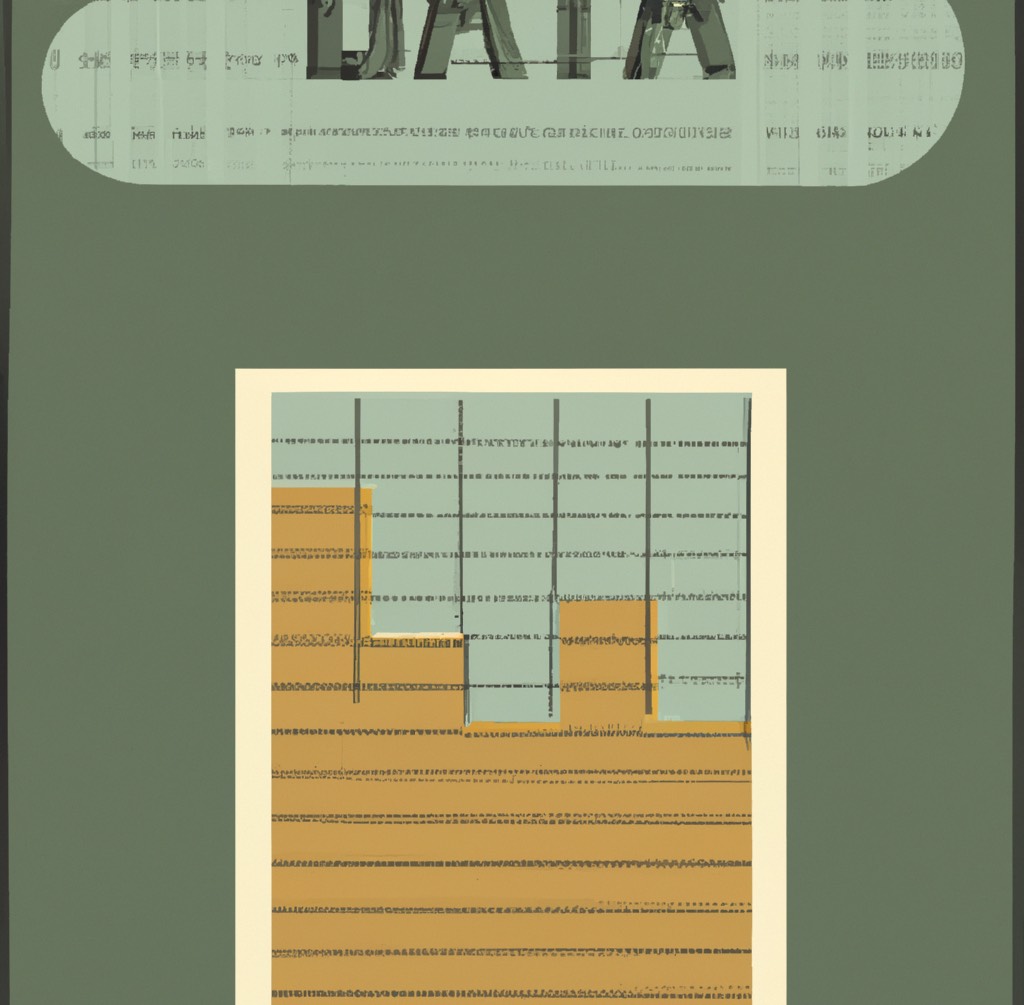There are several main categories of business intelligence (BI) solutions, including:
- Self-service BI: Tools that allow users to create and share reports and dashboards without the need for IT involvement. Examples include Tableau, QlikView, and Power BI.
- Enterprise BI: Platforms that provide a comprehensive set of BI capabilities for large organizations. Examples include SAP BusinessObjects, IBM Cognos, and Oracle Business Intelligence.
- Cloud-based BI: Solutions that are hosted on the cloud and accessible from anywhere with an internet connection. Examples include Microsoft Azure, Amazon QuickSight, and Google BigQuery.
- Embedded BI: BI capabilities integrated into other software applications, such as customer relationship management (CRM) or enterprise resource planning (ERP) systems.
Each type of BI solution has its own strengths and weaknesses and the best fit depends on the specific needs and requirements of an organization.
Self-service BI solutions are generally more user-friendly and require less IT involvement, but they may not be as scalable or secure as enterprise BI platforms. Enterprise BI platforms provide a more comprehensive set of features, but they may be more complex and require more IT resources to implement and maintain. Cloud-based BI solutions are typically more scalable and cost-effective, but they may not have the same level of security as on-premises solutions. Embedded BI solutions can provide insights in context of the system they are integrated with, but they may be limited in their functionality compared to stand-alone BI solutions.
It’s important to evaluate the specific needs of your organization and do a thorough comparison of the features and capabilities of different BI solutions before making a decision.
